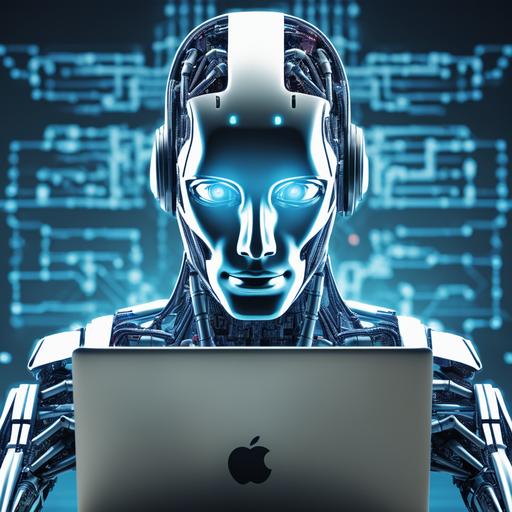Impact of AI in the Medical Industry
AI in the medical industry has had a massive impact in multiple ways. By utilizing AI and machine learning, healthcare providers can diagnose and treat diseases more accurately and effectively. For example, AI-powered chatbots can provide personalized information about patient conditions, educate patients on how to stay healthy, and recommend treatments that match the patient’s symptoms and lifestyle. AI also helps hospitals process patient data quickly and analyze large data sets. This enables healthcare providers to make informed decisions faster. AI also enables diagnostics to find personalized therapies for cancer patients. AI powered bots also help reduce wait times for patient appointments, enabling healthcare providers to maximize efficiency and cost savings.
AI Enhancing Automation
AI is greatly impacting automated processes, enabling them to become more efficient and cost effective. AI-powered bots and virtual assistants are becoming integrated into many different industries, assisting with customer service, finance, and retail. AI can also help with marketing efforts, from customized emails and web page changes to collecting data on customer behavior. Robotics and automation are also being enhanced with the help of AI. Automated customer service includes interactive voice response, which is an AI tool that can respond to customer inquiries. Automated vehicles use AI for self-driving, making transportation much safer. AI bots can also identify defective stock in shipping and manufacturing processes.
AI in the Workforce and Education
AI is also impacting the workforce and education. Businesses are using AI models to learn customer preferences and anticipate their needs. AI is also used to leverage availability and resources to optimize decision making, improve employee engagement, automate processes, and simplify workflow. AI models can also analyze employee performance and offer insights into how to best manage workflow and reach organizational goals. In the education industry, AI is used for personalized learning, assessment evaluation, and adaptive learning software. AI-powered chatbots are used to provide personalized information and guidance to students, while AI also enables interactive learning that can be tailored to individual needs.
Conclusion
AI in everyday life is becoming increasingly prevalent, and it´s clear that the technology has major potential to enhance many different aspects of life. AI is already being used in healthcare, automation, the workforce, and education, all of which promote efficiency and cost savings. In the future, AI will continue to advance, creating new opportunities in the process. AI is a powerful tool for businesses and society as a whole, and its potential continues to grow. With AI, businesses can make smarter decisions, automate mundane tasks, and ultimately provide better customer service and overall experiences.

